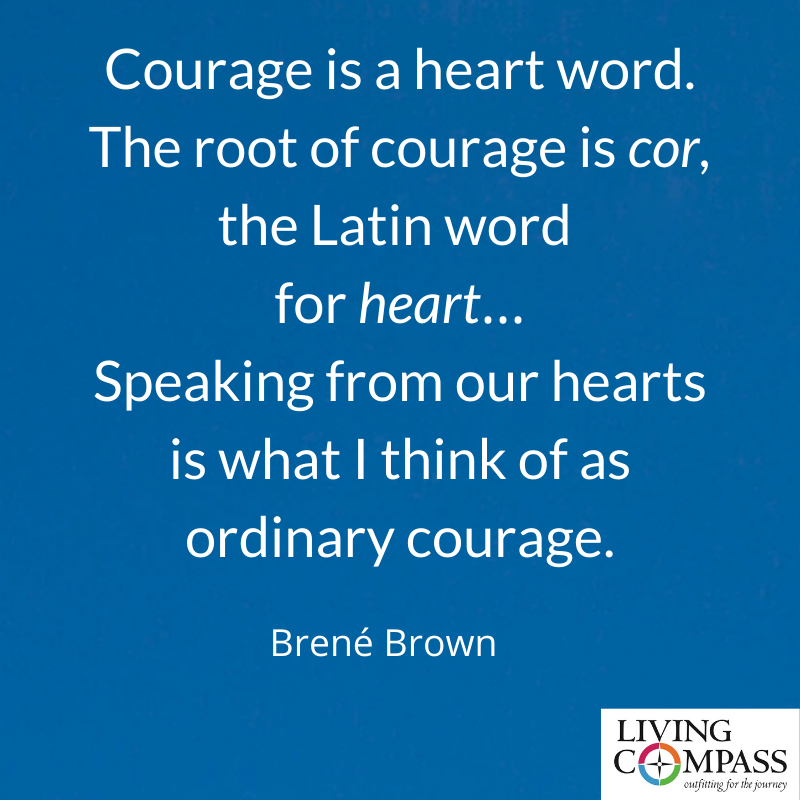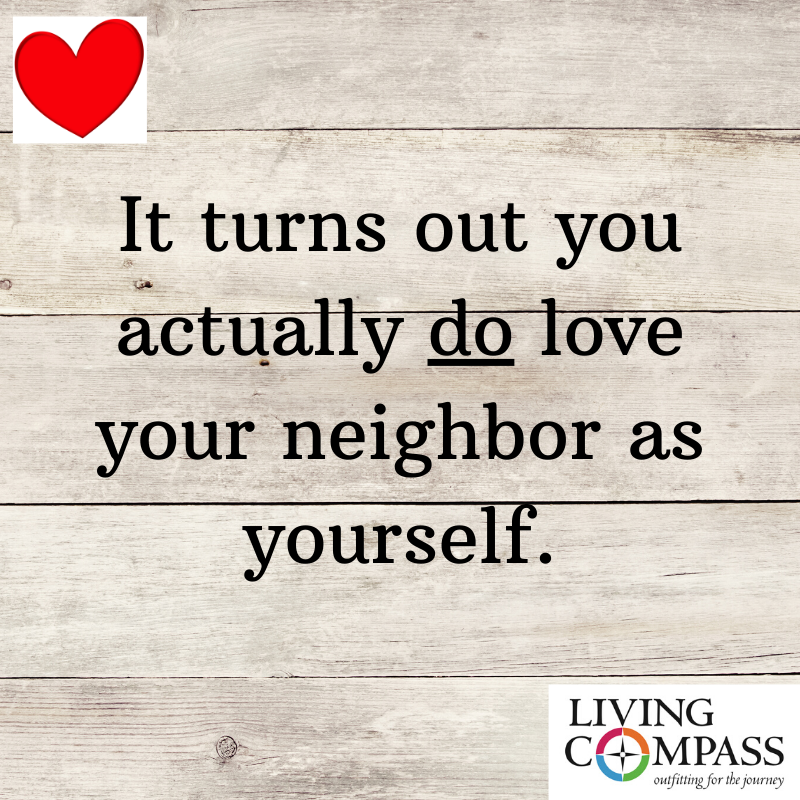Choosing to Lett Go
Have you ever had a time where you have several conversations, and they all seem to revolve around a similar theme? I had that experience this week in my private life, my life as a therapist, and in my work with our Living Compass, where we are running an online Facebook group for Lent. Letting go kept coming up in al three of these contexts. Here is a summary of what others, as well as myself, had to say about what they are working on letting go of at this time in their lives:
*The past, especially past regrets
*An unhealthy relationship
*My expectations of others
*Living up to other’s expectations of me
*Thinking I am responsible for things for which I am clearly not responsible.
*Trying to please others
*My timing for how things should unfold
*Procrastination
*Worry
*Overindulging with food or alcohol
*Spending too much money
*Grudges
*My plans for how things should go
*Comparing myself to others
*Too much stuff
*Control
*My kids
*Being judgmental
*Anger and resentment
*Unhealthy expectations of myself
*Perfectionism
*Trying to be someone I’m not
The opposite of letting go is holding on. It seems to me that in no small degree, the art of living well is knowing when to hold on, and when to let go. Both are, at times, quite necessary. Wisdom is understanding, which is best in any particular situation.
Millions of Christians around the world this week began observing the season of Lent. And what is the practice that is most commonly associated with observing Lent? The practice of giving something up, which is, in other words, the practice of choosing something to let go of. It used to be that people most gave up things like chocolate, coffee, sugar, or alcohol for Lent. I now hear instead more people, as part of their Lent discipline, talking about giving up or letting go of many of the things listed above. It seems that their wiser, spiritual selves know that if they can muster the courage to let go, they will be better off emotionally, spiritually, relationally, and/or physically.
I am working on letting go of several things this Lent: working too much, perfectionism, and worry. At the same time, I am holding on to daily practices of exercise and meditation, as I know from experience that these help me achieve my goals of letting go.
How about you? Are you observing Lent by giving up or letting go of something? Even if you don’t observe Lent, are you aware of anything in your life that you desire to let go of? Perhaps reviewing the list above will help.
__________________________________________________________
This column also gets posted on Facebook, and I welcome your thoughts and comments there. You can find our page at https://www.facebook.com/LivingCompass/ Scroll down to see today’s column to share your comments. We have much to learn from each other.
Subscribe Now to Weekly Words of Wellness:
Click the button below to signup for the e-mail version of Weekly Words of Wellness. This weekly article can be shared with your community electronically and/or used for group discussion.
You can unsubscribe at any time.




